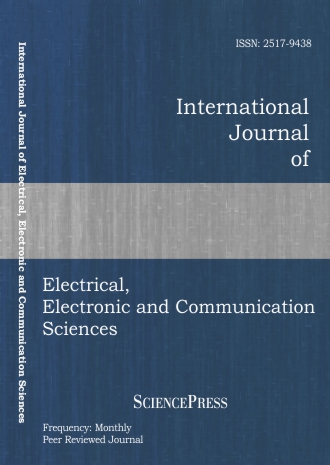
Scholarly
Volume:8, Issue: 1, 2014 Page No: 184 - 187
International Journal of Electrical, Electronic and Communication Sciences
ISSN: 2517-9438
3702 Downloads
Design of Adaptive Controller Based On Lyapunov Stability for a CSTR
Nonlinearity is the inherent characteristics of all the industrial processes. The Classical control approach used for a generation often fails to show better results particularly for non-linear systems and in the systems, whose parameters changes over a period of time for a variety of reasons. Alternatively, adaptive control strategies provide very good performance. The Model Reference Adaptive Control based on Lyapunov stability analysis and classical PI control strategies are designed and evaluated for Continuous Stirred Tank Reactor, which shows appreciable dynamic nonlinear characteristics.
Keywords:
References:
[1] Karl J. Astrom, Adaptive Control, Pearson Education, Second Edition, 2006